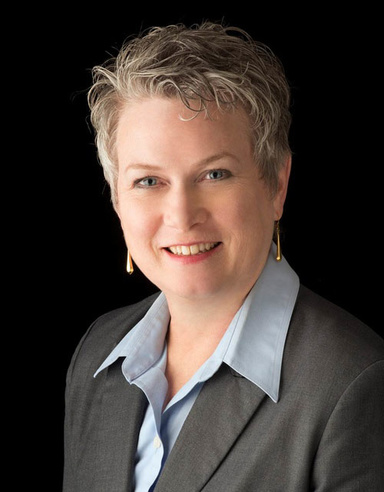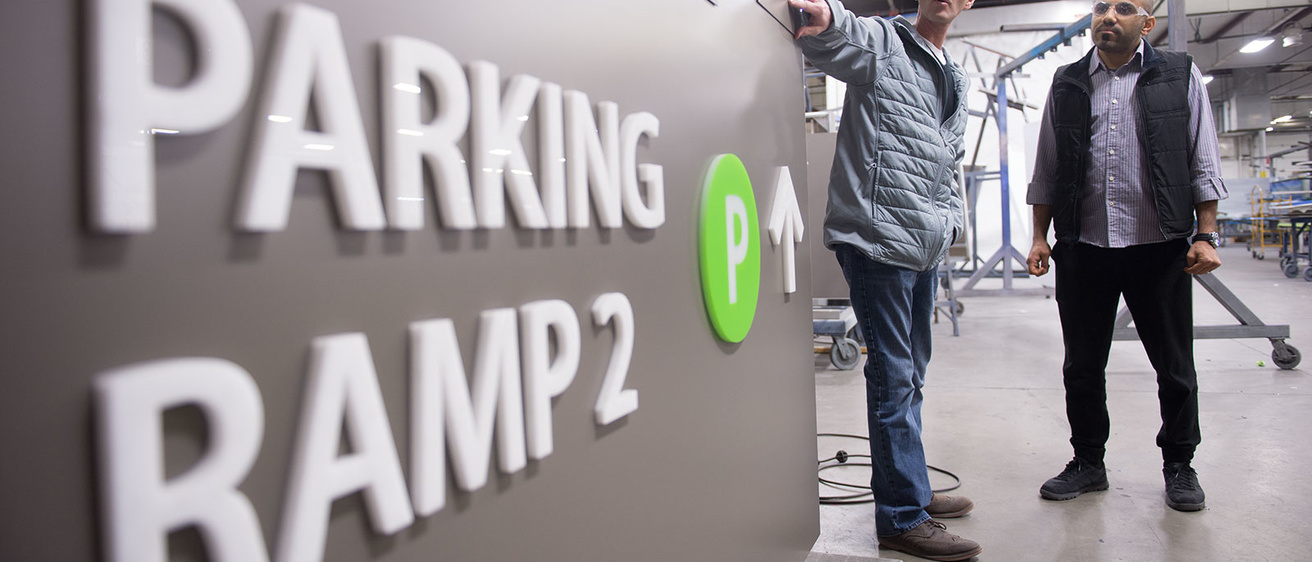This is not your parents’ classroom.
As the world of business rapidly evolves, so does business education. And we have a great responsibility to ensure that our students graduate with the skill set necessary to be successful from day one in the workplace. Today’s skill-readiness is not something that can be achieved solely by listening, reading, and taking tests—even when the most masterful teacher is involved. We must provide learning that ensures our graduates have the confidence to jump in and begin solving problems immediately.
In order to address this challenge, the Tippie College of Business is undergoing a dramatic shift in the classroom experience, resulting in more “active” or “experiential” learning opportunities relative to the traditional lecture–testing format. This is being accomplished through a variety of teaching techniques.
Jon Garfinkel, professor of finance, is one of several faculty members who has embraced the “flipped” teaching method for his large introductory finance course. The “flip” means that students watch his lectures online outside of class instead of in class. Then, classroom time is spent working through problems either individually or in teams, applying new concepts to real-world problems—all under the guidance of the instructor and a team of dedicated TAs.

Some of our classrooms have been physically changed. TILE classrooms use technology to transform the experience from a faculty-only demonstration into a multimedia-rich environment in which all students participate, learning from each other as well as from the instructor. “Learning” and “doing” are intertwined so that new skills are immediately reinforced through application. We know that working in a collaborative team setting is the primary way things get done in business today. TILE classrooms allow our students to master both technical skills and the equally important “soft skills” (e.g., collaborating, sharing data, communicating, and developing an appreciation for diverse teammates). These are critical success factors in today’s workplace. In this way, our classrooms model the world of business.
More and more, we are bringing the real world into the classroom through consulting projects with real organizations. Ten-year-old Harvard case studies have given way to “live” projects where our alumni, corporate, and nonprofit partners bring their current challenges (including their data) into the classroom, as in the Business Analytics capstone course. These high-intensity projects culminate with end-of-project presentations in which students receive their evaluations and feedback from the firm’s management.
Sometimes the classroom isn’t even a classroom. Opportunities for our students to work with businesses in the field are the most valuable of all. In entrepreneurship courses, our students are regularly working side by side with start-up companies across Iowa, as well as with micro-businesses in developing countries like Belize. These are transformational experiences for our students and the ultimate opportunity to truly learn through doing.
We feel so strongly about our students’ increased opportunities for experiential learning that we have incorporated these activities into our new RISE graduation requirement. The RISE program (Research, Internship, Study Abroad, and Experiential Learning) encourages and rewards Tippie students’ participation in hands-on applied learning, and the “experiential” designation for a course is one important way for students to meet this requirement. In fact, the hope is that Tippie students have multiple experiential experiences throughout their business coursework. We believe this “rebalanced” approach to teaching provides a significant advantage to our students, both now and throughout their careers.
